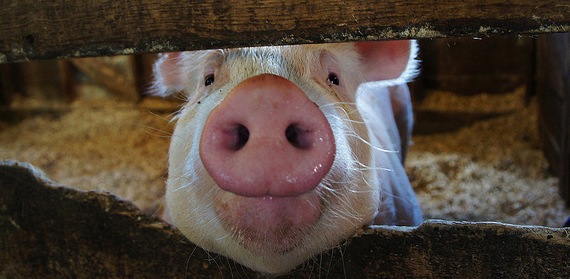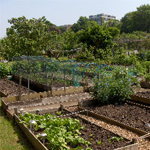 The Centre for Agroecology and Food Security (CAFS) are starting a lunchtime seminar series on 4th July with “Food Matters: Shrinking the foodprint by shifting consumer demand’ presented by leader of the Food Matters Research Program at the University of Canberra, David Pearson.
The Centre for Agroecology and Food Security (CAFS) are starting a lunchtime seminar series on 4th July with “Food Matters: Shrinking the foodprint by shifting consumer demand’ presented by leader of the Food Matters Research Program at the University of Canberra, David Pearson.
Chain Consumers are increasingly interested in where there food comes from and how it arrives on their plate. Campaigning organisations have for years argued that food chains are too complex and too long, meaning that consumers are ‘disconnected’ from knowing about their food and its origins. ‘Reconnecting’ consumers with their food has been up and down political agendas for governments and food agencies ever since the ‘Mad Cow’ scare of the late 1980s and the ‘Foot and Mouth’ crisis of 2001. One way of achieving this reconnection is to ‘shorten’ food chains, and this has recently been the topic of a study carried out by Coventry University’s Centre for Agroecology and Food Security (CAFS).
 Dr Julia Wright is the deputy director of the Centre for Agroecology and Food Security (CAFS).
Dr Julia Wright is the deputy director of the Centre for Agroecology and Food Security (CAFS).
In my opinion, attempts to ensure that the world has access to sufficient and nutritious food are being held back by the view that increasing the productivity of agriculture is the only solution.


